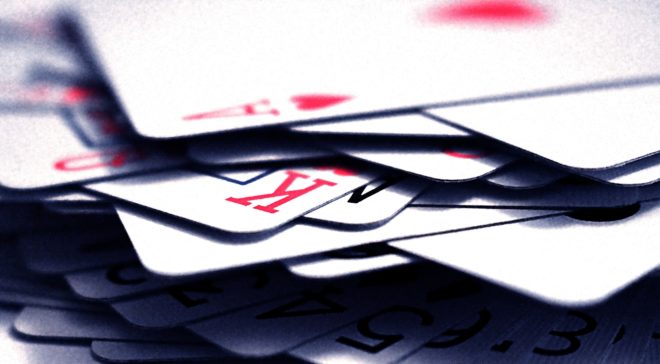I freely admit that I’m not a lawyer. I have a fair amount of experience dealing with copyright for visual art and writing. So when AI suddenly advanced with a new learning ability and caused pretty much the entire internet to freak out, I knew the AI controversy was all much ado about nothing. I tried to explain, but it seems my attempts failed.
I didn’t have the words or know the legal terms for AI specifically. Until now.
The U.S. Copyright Office launched an initiative on AI-generated content. There’s a lot of legalese in the documentation. It made my eyes water, and I had to reread a few times. Regardless, it’s all there in black and white. It’s worth reading.
Authorship
In American copyright laws, authorship can only be human. AI, robots, and animals cannot be legally recognized as authors. In this case, author is used an umbrella term for many different creative works. The law doesn’t recognize authors unless they’re human.
As far as I know, as a non-lawyer, the term authorship is only used in American copyright law. At least, I couldn’t find the term in Canadian copyright law or the laws of other countries.
Human-directed AI-generated Content
So, if a human enters a line of text and the AI auto-generates content, let’s say a poem, the copyright of that poem won’t be legally recognized. Not human-made, and robots don’t have human rights.
What About Imitation?
This is also covered in the initiative.
Shakespeare is used as an example. If someone enters a line of text to get an AI to generate a Shakespearean-style poem, the authorship is not human and not legally recognized. So people can use AI to imitate styles all they want for their own personal use. It can’t be used for anything that involves money.
In conclusion…
AI Cannot Replace Creative Paid Jobs
It’s legally impossible, as shown in the U.S. Copyright Office initiative. The original source, as it’s phrased in the initiative, has to be human. Using AI to assist with content is fine, but if the original source is AI-generated, the copyright can’t be registered.
Now, I want to talk about the very real problems that are a concern for any creative.
Fear of the Unknown
This is humans’ oldest fear, and it will probably last until the end of time. It can be absolutely terrifying when unknown technology suddenly advances faster than you can blink. Hell, it scares me at times. However, it’s not the technology that’s inspiring fear. It’s the words.
AI Learning Ability
It’s not literal. AI isn’t capable of learning in the human sense, and it’s not sentient.
AI’s ability to learn is like using toy blocks to build a pyramid. Considering the fact that AI-generated content cannot be legally recognized under copyright law, in legal terms, it’s more like a house of cards. It’s all fun and games until someone blows the house down.

Many AI-Generated Apps, Websites, Software
This is very concerning to me. The popularity of AI-generated content happened so fast, and all these apps, etc, suddenly appeared everywhere overnight.
There’s nothing wrong with having fun with current technology, including AI. However, what I don’t see is legal documentation that provides directions to make sure the end result, the potential copyright, can be legally recognized and registered.
I don’t know about you, but the idea of having to investigate every AI to make sure I can legally use the copyright of anything I create exhausts me.
All of this leads me to a bigger question…
Is AI-generated Content Only Useful for Playing Games?
Food for thought.
Questions? Concerns? Send me a message.
Views: 204
